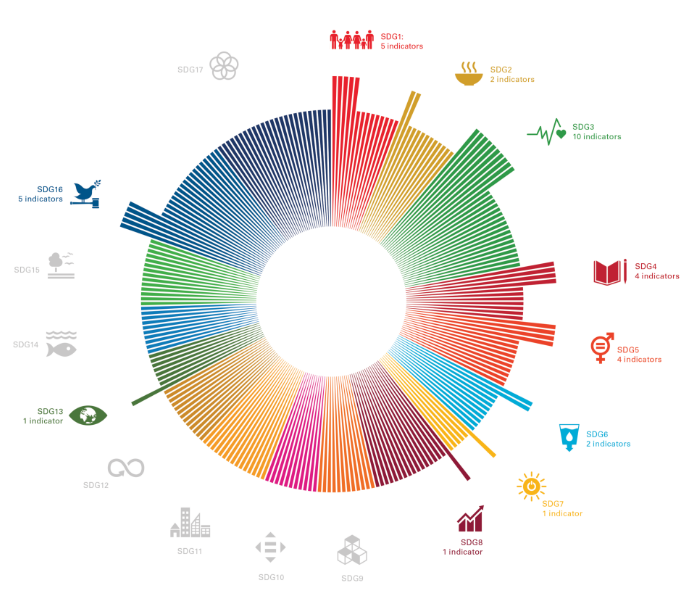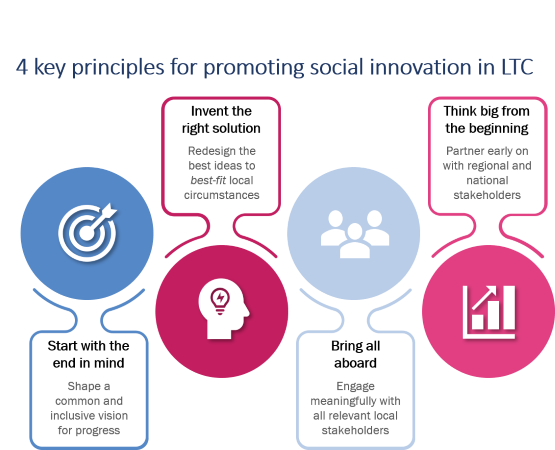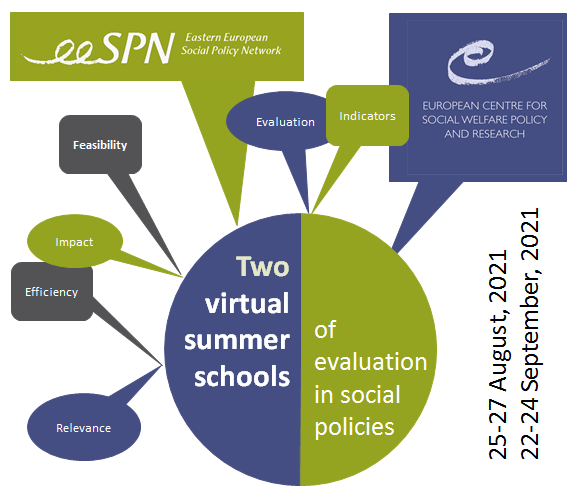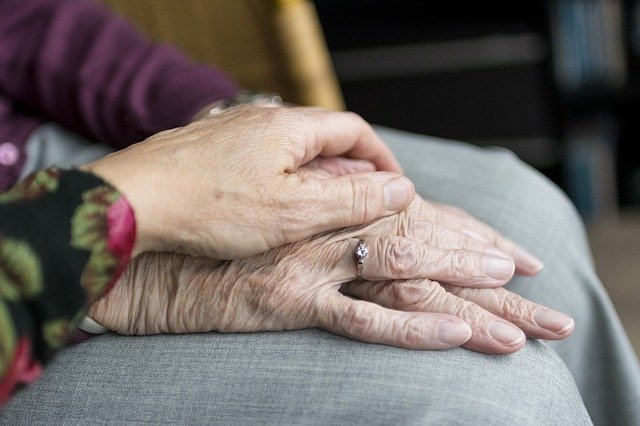Situation Analysis of children & adolescents in Moldova
The European Centre team will support UNICEF Moldova in drafting the Situation Analysis of children and adolescents in Moldova. The Situation Analysis examines the degree of realization of children’s rights, investigates the unequal realization of rights across different areas/dimensions and identifies the drivers of unequal realization (UNICEF, 2019).









